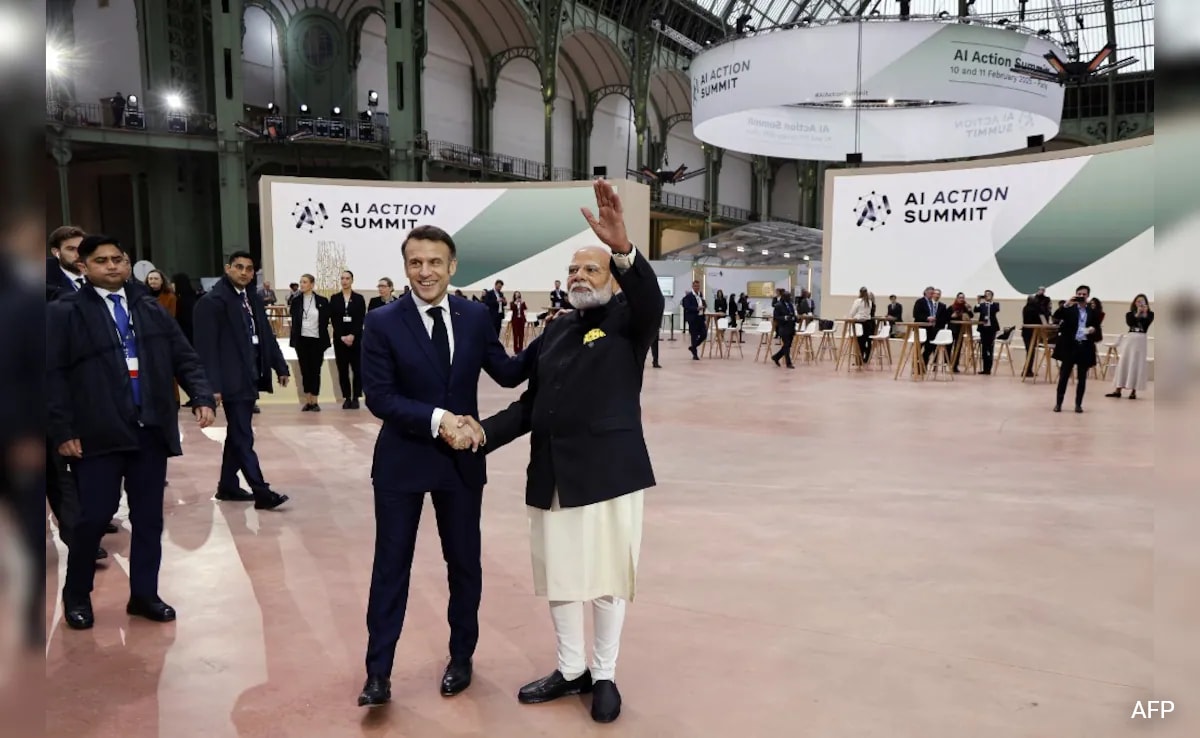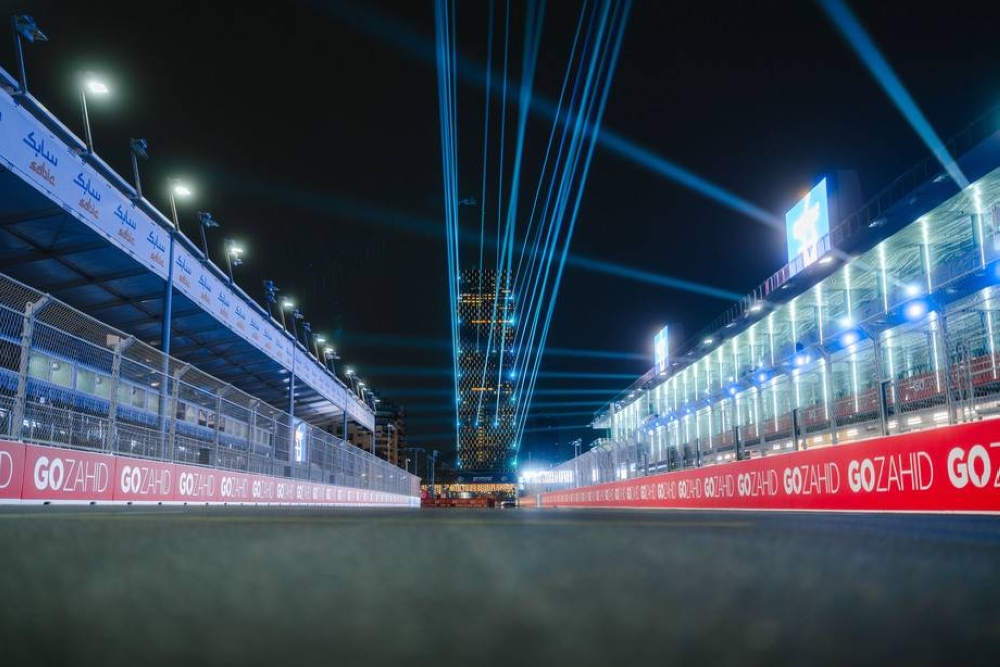Opinion: Modi In France: How Governance Will Be The ‘Killer’ AI App
The age of AI is here and we are living in the most exciting and transformative period in our lives. The Paris AI Action summit and the conversations there reiterate that. The summit was the third chapter since the UK launched the AI Safety Summit in November 2023, where I represented India. India was Co-Chair of this summit with Prime Minister Narendra Modi himself attending, following our chairmanship of the December 2023 New Delhi Global Partnership of AI summit, which he had inaugurated.
India’s participation and co-chairing of this summit was very important and appropriate. India under PM Modi has become a global case study of how a country has used tech to transform itself, in terms of both governance and economy. India’s Digital Public Infrastructure (DPI) has become a framework that countries around the world are adopting rapidly or aspiring to.
The DeepSeek Watershed
The Paris AI summit was held in the backdrop of the dramatic entry of China into the global AI scene with DeepSeek. The rapid progress made by AI since the launch of ChatGPT in late 2022 was dominated more or less by US Tech giants: Open AI, Google, Meta, X, etc. The narrative in recent months has been built around these companies , their work and platforms in AI and their access to capital and AI compute infra that was helping them “scale”. The dramatic entry of DeepSeek and its strategy to open-source its models has altered and broadened the narrative and discourse dramatically. That was apparent at the Paris Summit.
There were three broad threads that dominated the conversations in Paris.
The Progress Of AI
First was the original strand of the progress of AI, and the prediction of the roadmap to AGI (artifical general intelligence) and ASI (artificial superintelligence) and ‘singularity’. This has dominated the discourse around AI in the last year. This conversation has been tempered by the realisation that capital expenditure alone wasn’t the moat that AI stalwarts like Sam Altman had anticipated. We were stepping into the next phase of AI where real research and innovation in algorithms, datasets and other forms of training and learning were going to be equally important in shaping the impact, success and quality of the next generation of models and intelligence.
Governance Over Everything
Second thread was one that India’s presence and PM Modi’s approach has triggered. Even while Big Tech giants are investing billions in general-purpose Large Language Models (LLMs) and applications on them, India’s focus on AI being built for use cases in healthcare, education, agriculture, etc, has prompted the creation of killer apps for AI. Governance can be one of the biggest areas where AI can make deep, very meaningful impacts. It was obvious that the momentum of conversations and discussions around real deployment of AI and success in use cases will be led by India. I attended a series of sessions leading up to the summit, arranged by the Tony Blair Institute and titled ‘Governing in the Age of AI’. I have written and spoken about this earlier. I am convinced that governance is going to be the killer app for AI and that India will demonstrate that soon.
On Making AI ‘Responsible’
The third thread that was discussed in Paris was about safe and trusted AI that would ensure only responsible and ethical use of AI. This is an area where there is a mix of really focused discussions on regulation and control, but also a lot of hot air and rhetoric.
Was AI to be regulated for harms/bias/correctness, or was it to be guardrails that platforms would follow voluntarily? What about how some countries like China had access to the global internet while shutting off its internet to any non-Chinese platforms, thus creating asymmetry of knowledge and data? What about open-source AI models vs closed AI models?
These are all very foundational questions around the role of governments and public policy towards AI in specific and technology in General. Big Tech has for the last two decades more or less escaped regulation because they have argued they were innovators. There is a built-in resistance and pushback in technological companies towards any attempts by governments to regulate them.
Safety And Trust Are Paramount
Safety and trust take on a very significant meaning in the age of AI. For a world that has struggled unsuccessfully with misinformation, disinformation and influence operations on social media, AI represents that problem to the power of infinity. India’s position on this has been demonstrated by PM Modi’s approach to data protection, which I explained in my interactions in Paris—that we don’t consider citizen rights and innovation to be binaries that need to be balanced. Policymakers can ensure both if we look at this pragmatically and in a contemporary manner. That voluntary guidelines won’t do and that we need a framework of laws that provide adaptive guardrails to prevent AI from causing harm, bias, falsehoods and criminality. AI available on the global internet must be safe and trusted.
Can’t Deny Tech
Some experts, like Yoshua Bengio from University of Montreal, and others like OpenAI’s Sam Altman, have argued against permitting open-source AI. Yoshua Bengio recently authored a huge 400-page document of AI safety. Their main argument was that bad people will get access to AI, and that this can be prevented by keeping AI models closed. This of-course is a double-edged argument because it also normalises the notion that there should be only a few AI models owned by a few companies, and that everybody else will have to use those models. This construct is now contrary to the history of technology, where every proprietary system has been upended by the unrelenting and unstoppable force of innovation and innovators who disrupt the existing normal. DeepSeek has shown us that. There will be many more who will in coming months and years keep rewriting the normal of AI as we know it today. That is the real normal. So, open-source AI models are inevitable, and as I said in one of the sessions when asked, those who oppose open-source betray a lack of understanding of how technology has progressed and proliferated in contemporary times. That denial of technology has never worked in our times—not for missile, nor for nuclear bombs. It’s definitely not going to work for software models either.
For me, personally, these summits and the conversations with very bright minds are inspiring and exciting. I started my career as a tech geek coder, who through fate became a telecom entrepreneur and then a politician in public service. These summits reinforce that I remain a tech geek even today. I have been fortunate to have lived through the compute, internet, semiconductor disruptions, and am living now in the most exciting time ever in the history of tech: the AI Age. It’s here. Get set for a transformative ride.
(The author is the former Union Minister of State for Electronics and Information Technology, Skill Development and Entrepreneurship and Jal Shakti)
Disclaimer: These are the personal opinions of the author
Governance can be one of the biggest areas where AI can make deep, very meaningful impacts. It was obvious that the momentum of conversations and discussions around real deployment of AI and success in use cases will be led by India.
NDTV News- Topstories














إرسال التعليق